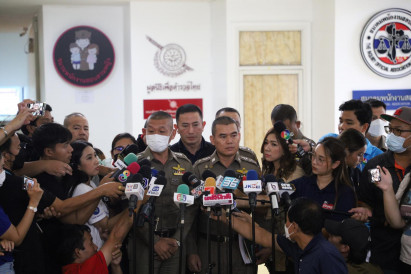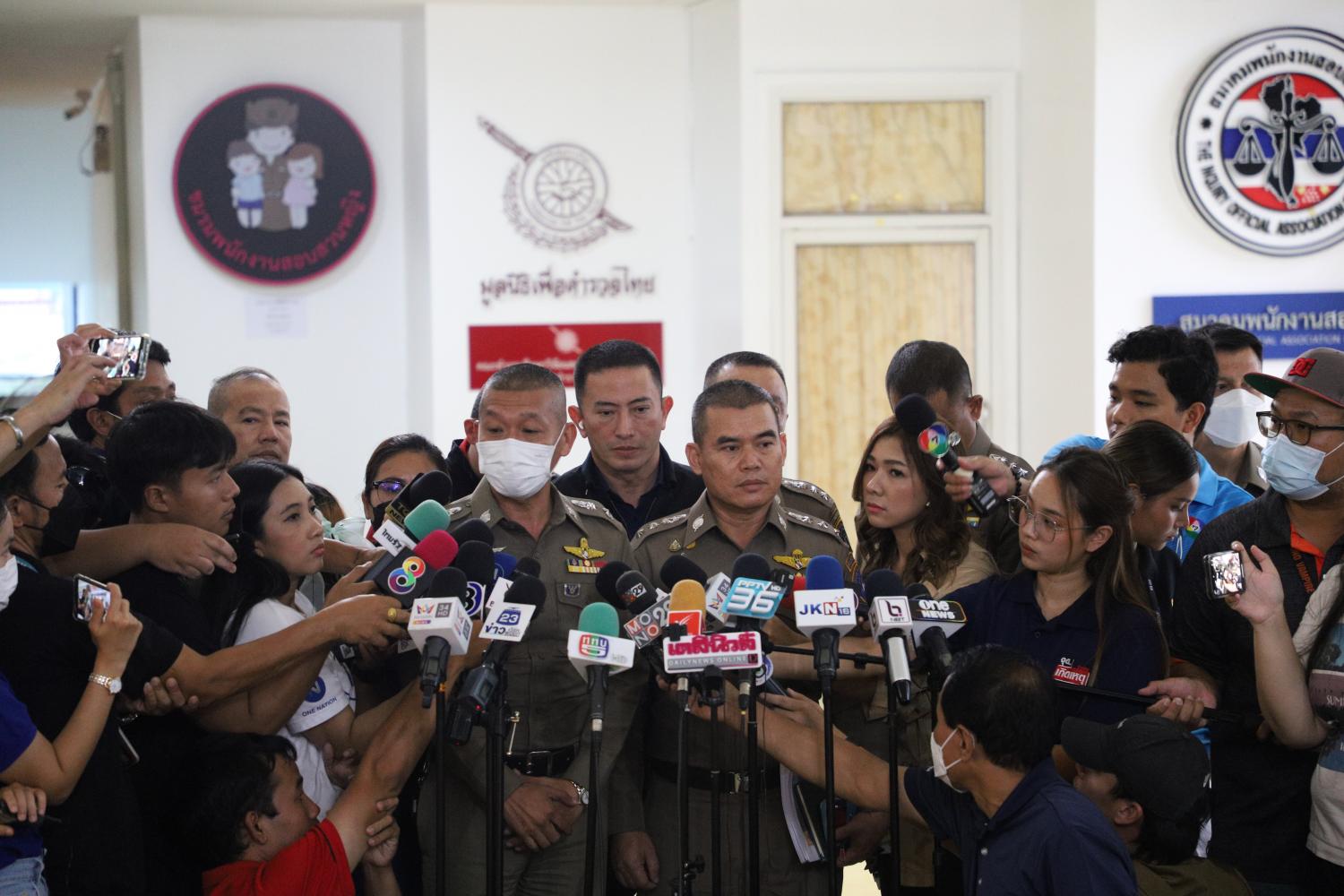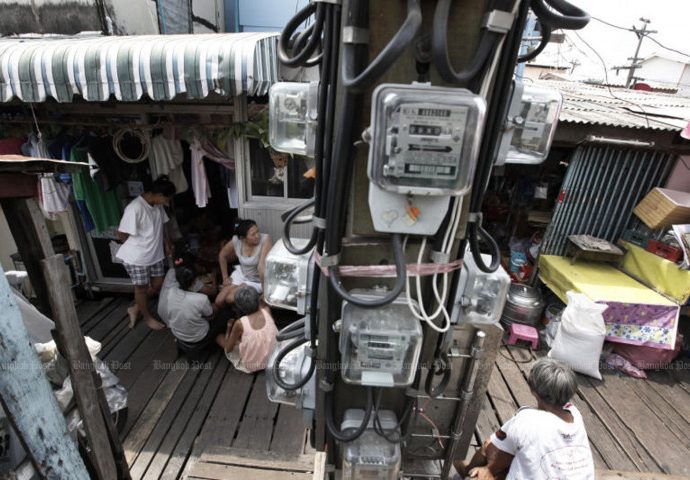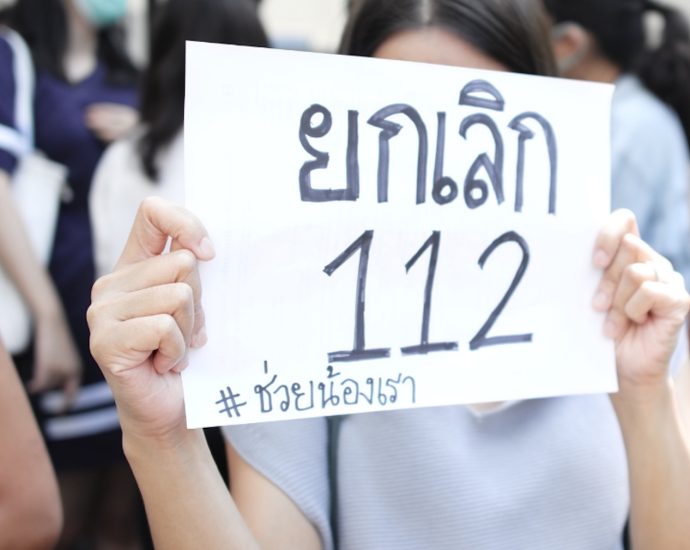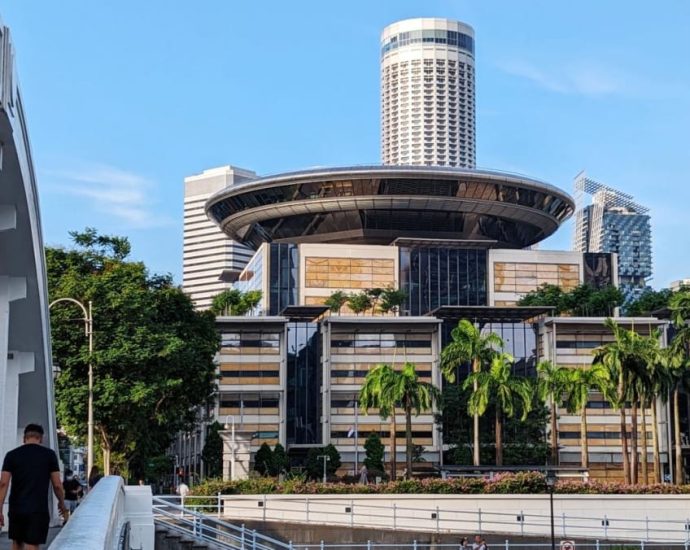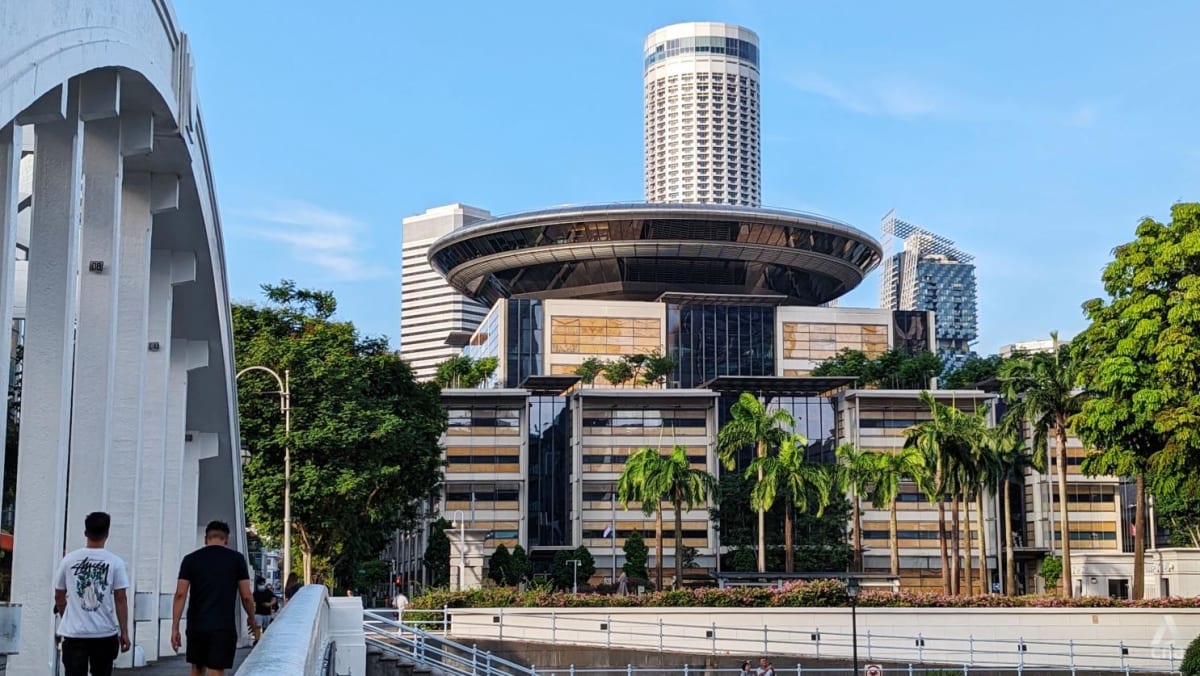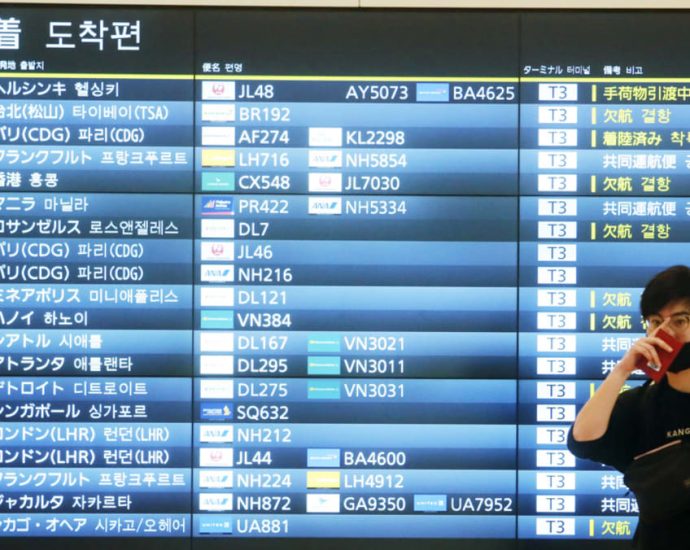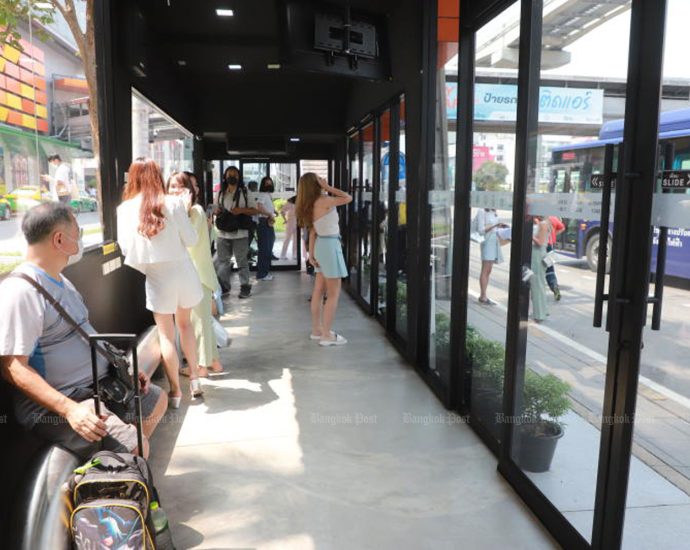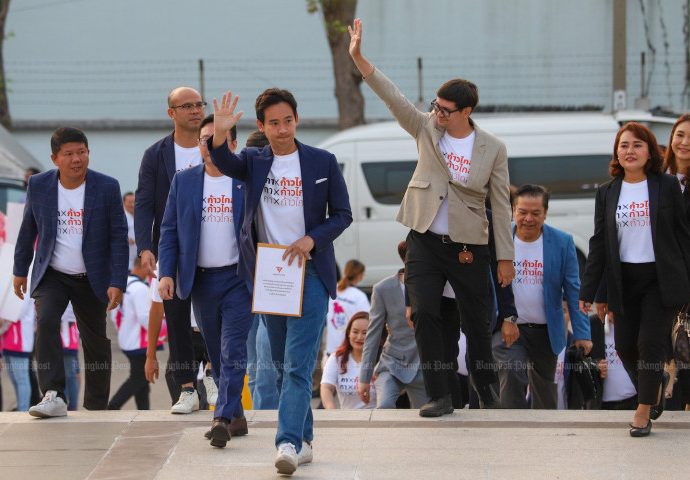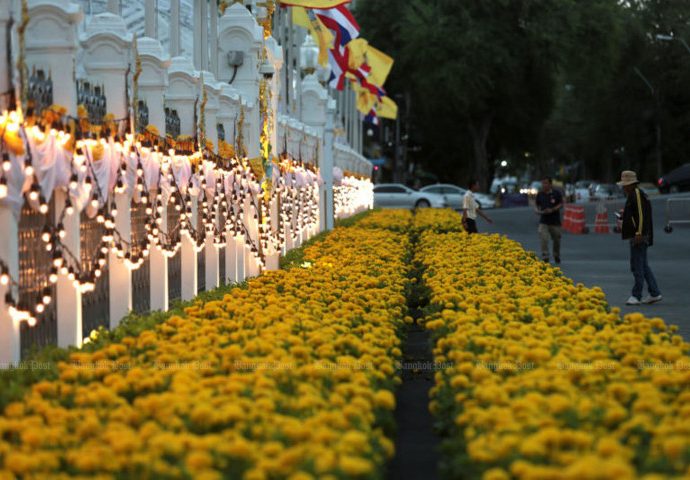Democrats vow to develop Phuket

PPRP to aid farmers, Korat growth sought
Phuket: The Democrat Party is proposing to turn the resort island into a model city and a technology hub.
Helping party candidates campaign for support ahead of the election next month, Democrat list-MP candidate Suchatvee Suwansawat yesterday said the party wants Phuket to become a model city, not just for Thailand but also Asean.
Phuket is a top tourist destination so it is a perfect candidate for the party’s proposal to provide free internet access at various locations, he said.
“This is one policy the party’s offering to Phuket — free internet access like cities in other countries. The internet access should be more convenient and offered as a form of public welfare,” he said.
The Democrat Party has also pledged to support the development of the public transportation system in the province to alleviate traffic congestion, specifically a tram project.
Although Phuket is among the provinces that face severe traffic problems, there is no agency to oversee the issue, Mr Suchatvee said, adding the party’s candidates are familiar with the problems and can offer insights.
Mr Suchatvee, who also heads the party’s policy committee, said the party is considering pushing for an upgrade to Phuket Rajabhat University so it can expand its fields of study.
PPRP eyes 8m households
The Palang Pracharath Party (PPRP) has pledged to introduce a fertiliser co-payment scheme to help reduce production costs for 8 million farming households facing fluctuations in prices.
Charnkit Dechavitak, spokesman for the party’s election strategy committee, yesterday said the PPRP attaches importance to every group of farmers and has been working to bridge the gap and improve their livelihood.
Although chemical fertiliser prices have dipped because of lower raw material costs, farmers’ concerns about price fluctuations remain, and this factor can adversely affect production costs and income, he said.
Moreover, with a possible decline in the global farming output due to the risk of drought and a surge in demand, the PPRP believes the government should intervene to help Thai farmers keep production costs manageable.
Mr Charnkit said the planned fertiliser co-payment scheme, together with the proposed fertiliser fund, is expected to stabilise fertiliser prices, reduce costs and generate more income for 8 million farming households.
Business strategy floated
Nakhon Ratchasima: The Chartpattanakla Party yesterday introduced a five-point strategy to generate growth in the province and the northeastern region in a bid to woo support.
The strategy was floated at a meeting between party chairman Suwat Liptapanlop, party secretary-general and candidate for Constituency 1 Tewan Liptapanlop, as well as young business leaders.
It covers the areas of economic development, transportation upgrade, tourism promotion, food production and water resource management with the “Korat-nomics” scheme to help transform the region into a new economic corridor.



